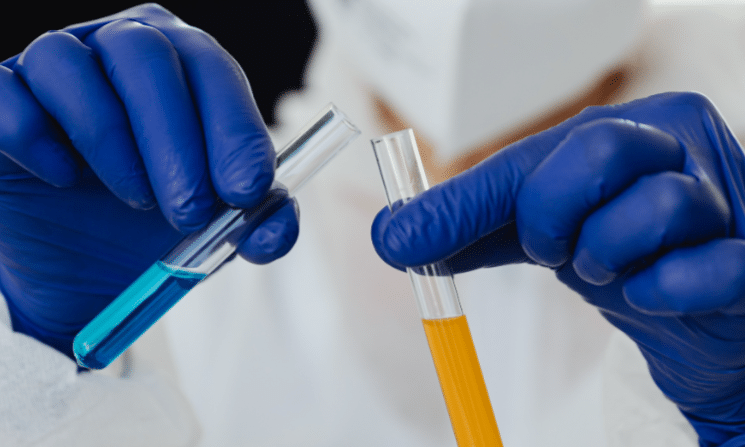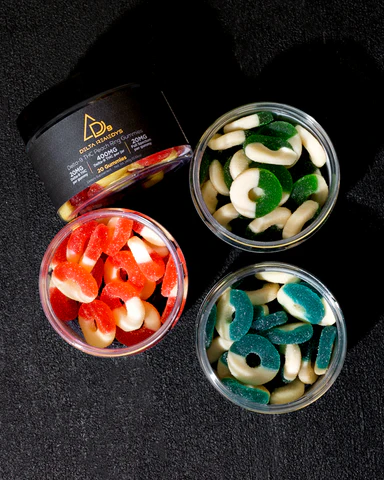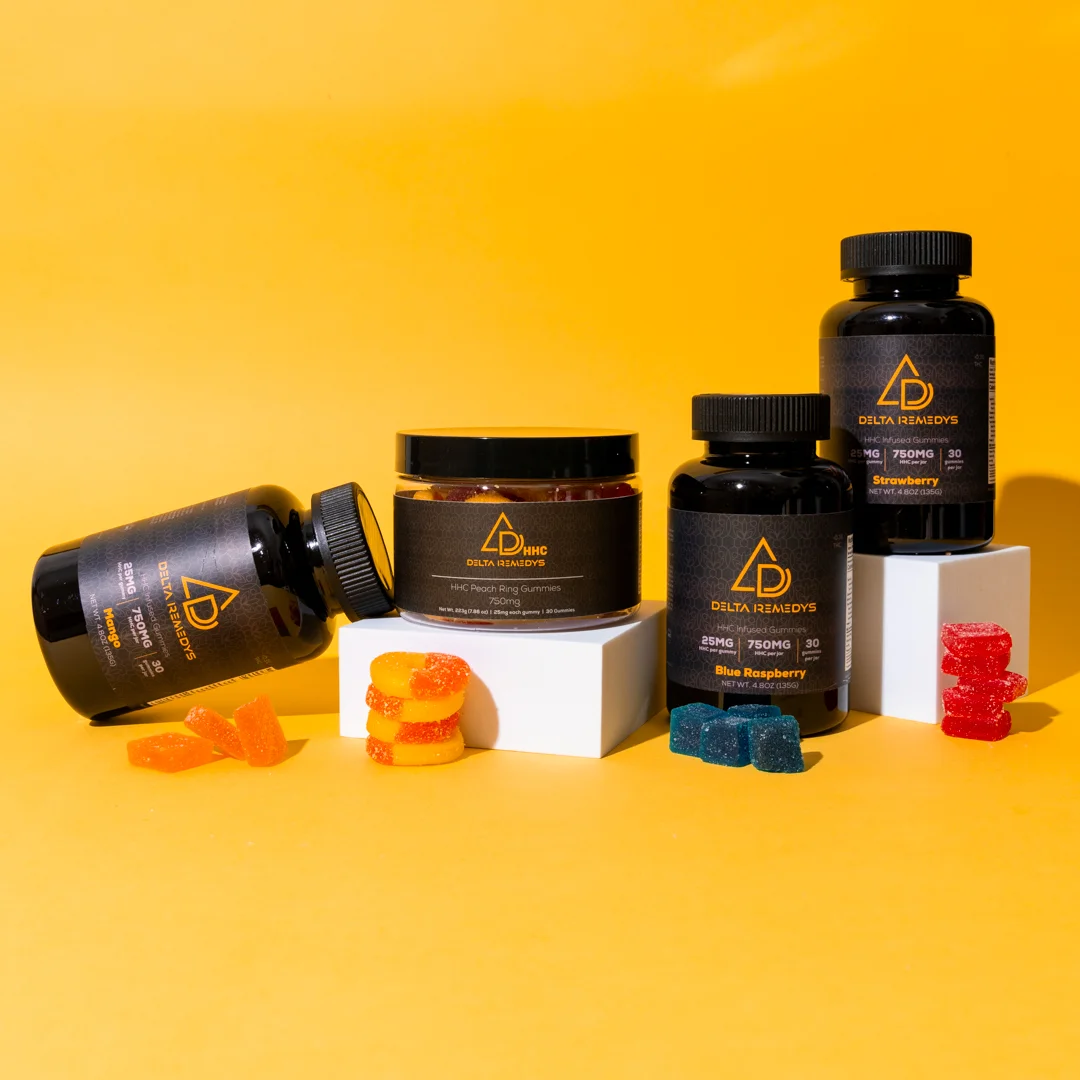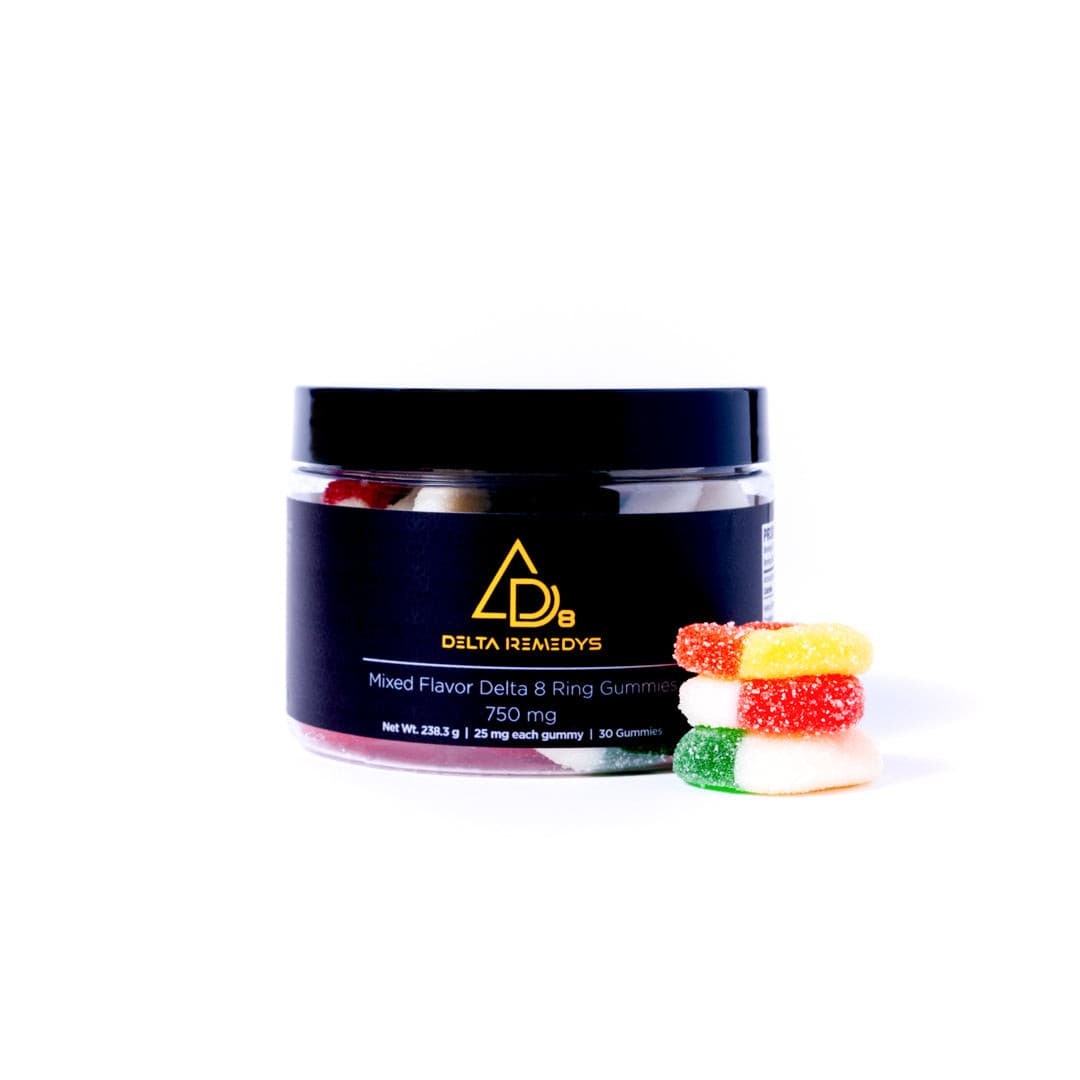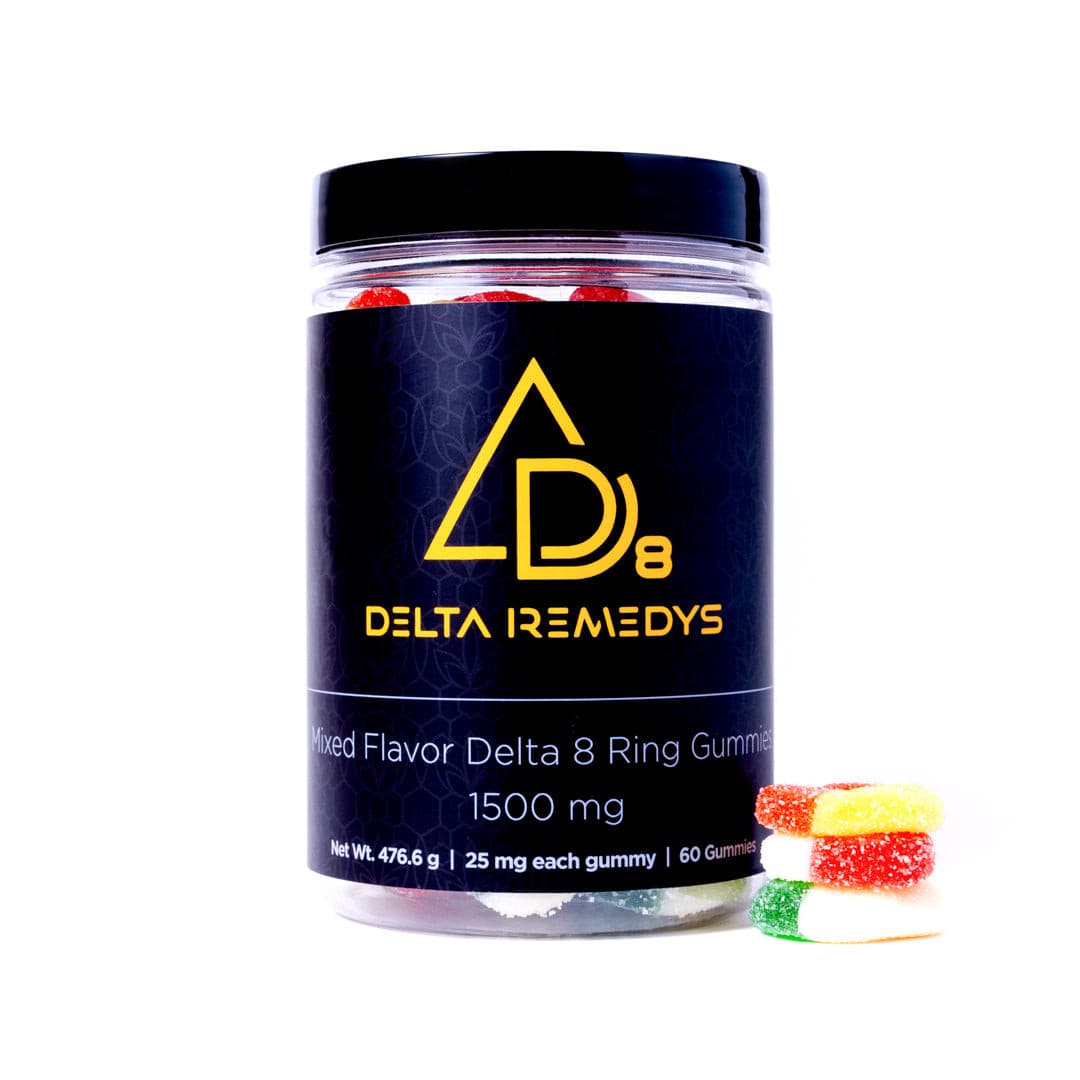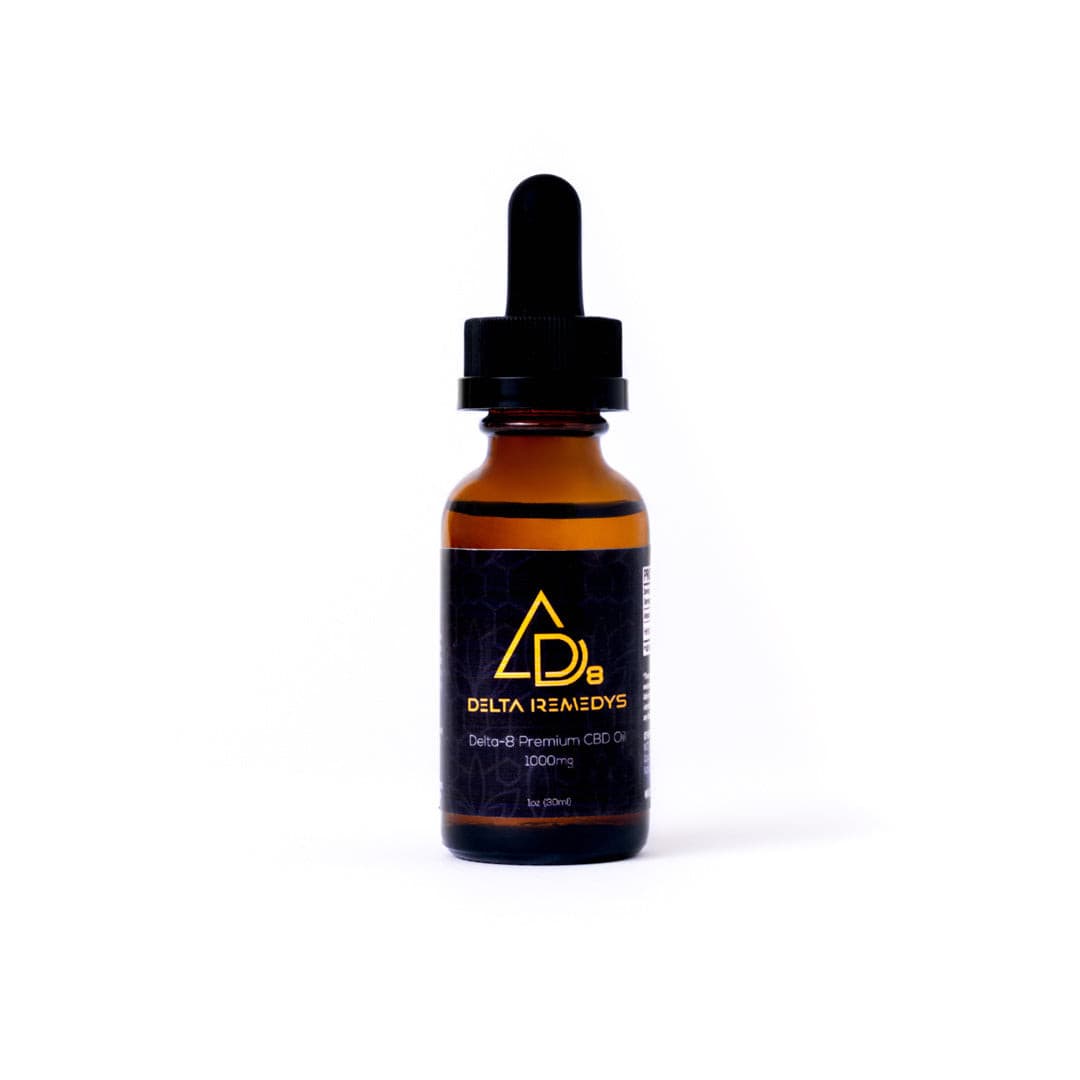You’re totally clean when it comes to drugs, herbal supplements, and alcohol. The difference is that you’ve lately experimented with Delta-8 THC and drug tests after having edibles or vapes. Since you’d been assured that Delta-8 is perfectly legal, you didn’t give it any thought.
However, you’re now worried that your Delta-8 gummies might show on a urine drug test.
Can you really get caught?
The results of urine drug testing cause a lot of worry for people of South Carolina and other regions. This is logical given the severe consequences of testing positive for drugs. This article is for you if you’re stressed out about an upcoming drug test that might catch psychoactive substances in your urine.
To set your mind at ease, this post will explain everything about when you get the urine drug test positive for Delta-8 and delta-9-tetrahydrocannabinol carboxylic acid. We’ll also talk about how to study for and ace that all-important drug test.
If you want to know more about Delta-8 THC and drug tests, as well as how they will show up on a drug test, this article is for you. We’ll do our best to assist you to sort things out when it comes to delta-8 and drug tests.
=== split content ===
Delta 8: A More In-Depth Analysis
The legal cannabinoid known as delta-8 tetrahydrocannabinol (or delta-8 THC) can be found in both hemp and marijuana Sativa plants. In their natural state, cannabis plants produce this psychoactive compound. But there isn’t a lot of it.
Delta-8 is most abundant in legal cannabinoid extracted from hemp (CBD). It is also used in many herbal supplements in South Carolina as one of the best hemp-derived cannabinoids.
Delta-8 THC products from Sativa plants are not subject to any form of regulation by the FDA. In fact, this is a growing concern in the modern era. This is because it is possible for consumers to be misled by the labels on delta-8 products.
Product labels, dosing, testing, and child-resistant packaging are not governed by any laws in South Carolina. The lack of these laws puts the public at risk because these hemp-derived cannabinoids are so easily accessible just like lemon juice with no authentic Product labels.
The government is getting more and more worried about unsafe detox product formulations with Formic acid and deceptive detox product labeling. In an effort to attract health-conscious consumers, several businesses tout their wares as having therapeutic or remedial potential.
But without rules in place, consumers have no idea what is actually in their recreational cannabis products. The potential for contamination of other substances, like formic acid, with this chemical, is high. There is a potential for harm because there is no genuine testing or regulation of the ingredients such as THC-COOH isomer.
How about Delta-9? is Delta-8 similar to Delta-9?
The chemical structures of delta-8 and delta-9 products are nearly identical; the variation lies in the placement of one of the double bonds in these psychoactive compounds. Third-party Lab has the ability to differentiate between delta-8 THC, as well as delta-9 THC, and other CBD metabolites such as THC-COOH isomer.
But it’s well-known that urine tests are the most reliable for detecting delta-8 compound in cannabis. This occurs as a result of delta-8 THC’s metabolic fate in the human body.
Specifically, delta-8 is deemed weaker than other delta values such as the THC-COOH isomer. Because of this, its effects on the body after reacting with CB1 receptors are weaker than those of delta-9-tetrahydrocannabinol carboxylic acid. The effects of delta-8 are more subtle and gradual, and in other situations, there is no effect at all.
Because of the passage of the Farm Bill in 2018 at the federal level, cultivating hemp for the purpose of extracting its useful psychoactive substances is now lawful. A number of states have now easily legalized delta-8 and drug tests.
The main reason is that it was originally extracted from the Hemp plant. However, once more, this medicine is an unregulated product compound in cannabis and recreational cannabis products.
Delta 8 THC: How Long Does it Stay in Your System?
Delta-8 is a less potent form of THC, but it is still THC and has the same long-lasting effects as other forms of THC or double-bond isomers. THC can be detected in the urine of first-time users for up to eight days.
If you use delta-8 regularly, you may have a false positive for 30 days to 60 days, or possibly longer, on a drug test. It’s hard to give a universal answer because of all the variables that affect how long THC lingers in your system as an unregulated product.
But once again, the prohibited substance is delta-9 THC and some THC-COOH isomer variants. These are usually double-bond isomers. Both CBD and Delta 8 THC generated from hemp are completely legitimate being double-bond isomers.
As THC is stored in fat cells, its elimination from the body depends on factors such as the individual’s toxicity level, weight, and level of physical activity. One’s tolerance for cannabis toxicity level, how long one has been using it, and other factors also have a role.
Can Delta-8 be Detected in a Drug Test of Urine?
A routine urine drug testing will detect delta-8 because it is present in human pee with its double-bond isomers. Though there is a legal gray area about the use of delta-8, taking it will not help you pass a drug test. You should stay away from delta 8 items if you have an upcoming test.
Blood tests, as part of confirmatory drug testing, may not pick up as much delta-8 as they do other variants such as the THC-COOH isomer. A few hours after use, blood levels of delta-8 drops to undetectable levels like other unregulated products.
Delta-8 can potentially be detected in a blood test under confirmatory drug testing criteria if taken within 24 hours of the test. This, however, is quite improbable.
If you need to pass urine testing, stay away from delta-8 products like delta-tetrahydrocannabinol (THC) gummy. Some CBD products with double-bond isomers may cause you to fail a drug test, but there are others that won’t.
It’s not worth the risk to your career to experiment with the trendy new hemp legal cannabinoid delta-8. Take care when using CBD and don’t put yourself in financial jeopardy.
Examination of Urine
The most common type of drug test for industrial hemp products is a urine sample. Usually, it can identify cannabis usage up to 30 days after the last use.
A 2017 study looked at how long cannabinoids or industrial hemp might be detectable in urine and came to the following conclusions:
Duration of a single use: 3 days
Duration of moderate use of industrial hemp; Five to seven days (three to four times per week).
Constant, everyday consumption: 10–15 days
Long-term, excessive use (many times daily): more than 30 days
So the periods of time vary according to your legal limit of dosage.
How to Pass a Drug Test with Delta 8 in Your System?
If you need to pass routine urine drug testing and are concerned that Delta-8 THC may have affected your results, you should avoid using any products containing this cannabinoid. The cross – reactivity will get you caught.
You should stop taking products like delta-tetrahydrocannabinol (THC) gummy for at least 30 days before the test. This will allow your system to flush the THC completely. If you’re a heavy smoker from North Carolina, the THC from delta-8 edibles in your system may take much longer to flush out.
In order to play it safe, you should stay away from any Delta 8 THC products or cannabis edibles. Employers and educational institutions in North Carolina that conduct THC testing are unlikely to distinguish between Delta-8 and Delta-9 in their results due to the chemical formula.
You should avoid this synthetic cannabinoid and any CBD or hemp-derived product that contain it if you don’t want to test positive for drugs due to their intense effects on your body. The recreational marijuana or simple ingredients in marijuana will create problems for you even if you are using a legal product.
What are the chances of failing a drug test when taking Delta 8?
To what extent, then, does delta-8 THC cause one to fail a drug test? Okay, but only because it would register as a false positive due to the low concentration of THC metabolites in legal hemp products.
Just because you have THC in your system doesn’t guarantee you’ve used the unlawful form, delta-9. To reiterate, there is a lot of wiggle space with drug testing along with hair tests of hair follicles, and they are far from perfect. Simply said, there is not a 0% possibility that delta 8 THC won’t show up on a standard drug test.
There is a far higher likelihood of a positive home test for THC. This is because home drug tests are typically the most basic option available for regular users. To emphasize, these tests cannot differentiate between CBD and other hemp cannabinoids, therefore a positive result will be reported even if CBD was the only cannabinoid receptor present in a frequent user.
Delta-9 THC from marijuana and delta-8 THC from hemp both result in identical THC metabolites once they’re metabolized in the body of a cannabis user.
That’s why it’s important to avoid using THC altogether if you want to pass a drug test. The maximum allowable amount of delta-9 THC in CBD or hemp-based products is 0.03%. As a result, our products containing 0.3% delta-9 THC or below (the legal threshold) are completely safe for the consumption of frequent users.
Get in touch with whoever wants to test you for drugs and let them know you’ve been using delta 8 THC. You might be able to avoid difficulties in the long run if you utilize a legal substance and can convince them that you aren’t breaking the law.
How to Deal with a Positive Delta 8 THC Test Result
If a Delta-8 THC test result causes you to lose your job or get kicked out of school, it’s best to talk to the higher-ups about it. Those who use legal status substances but nevertheless fail a drug test can claim ignorance of the risk.
In most cases, they will show mercy and overlook your transgression during drug screening. Or maybe the lemon or cranberry juice might save you from the psychoactive effects.
In contrast, you could suffer repercussions if your company has a zero-tolerance policy about THC or other illegal drugs. Make sure you know the company’s stance on THC before using any Delta-8 goods even with minor cannabinoids. The upcoming routine drug tests, not like hair follicle tests, might get you in trouble.
How Long Does it Take for a Clean Urine Sample to Detect Drug Use?
To recap, delta-8 will register as delta-9 on regular drug tests. Unfortunately, the current state of recreational drug testing cannot distinguish between these two categories. Each kind of THC is detected in the same way by the test.
Delta-8 and other hemp-derived THC variants are also believed to be eliminated from the body in a matter of weeks.
In order to pass a generic drug test, you should avoid using delta-8 items for at least 30 days beforehand. It’s important to keep in mind, though, because delta-8 can linger in the body for up to 90 days in some cases.
Drug testing regulations like frequency, delta-8 usage, distribution method, etc., all play a role in making this determination. Sustaining from delta-8 for 90 days will allow you to focus on other things except for the results of the drug testing kit.
You can use lemon juice to detox the effects of THC. This is because lemon juice is packed with high Vitamin C levels, hence it can work on not very high doses of THC. The high vitamin C levels have the ability to wash out THC from your system. So, taking the right Vitamin C levels will make you pass the drug test.
Summary
In conclusion, yes, the bad news is that delta-8 THC can be detected in different types of drug tests even with the least toxicity level.
For reasons beyond the fact that delta-8 THC is technically illegal, the National Drug Court Institute advises against using it if you know you will be subjected to certain types of tests.
Delta-9 THC is present in some low-quality delta-8 products. In addition, delta-8 alone can skew your measurements if you have a high toxicity level as a delta-8 user.
In the same way that courts have banned poppy seeds because of the risk of a false positive for opiates, treatment courts might also limit the use of delta-8 in heavy users.
Delta-8 is not the answer if you need to utilize cannabis without worrying about a positive drug test. You might need to shift t cranberry juice or lemon juice in such a case.

